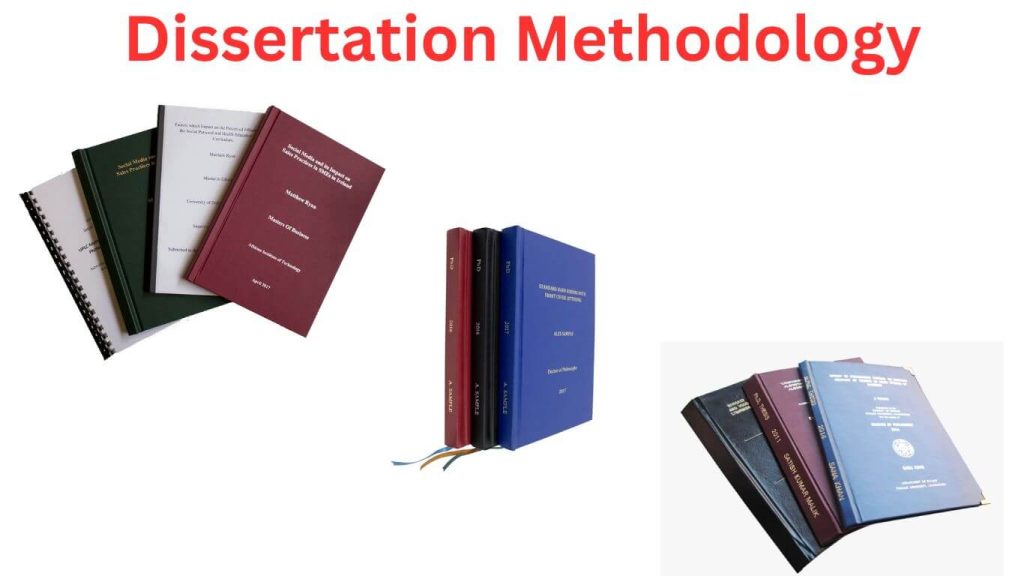Writing a PhD Dissertation: Step By Step Guide for 2025
 Understanding the process of writing a PhD dissertation is essential for completing the program and producing a strong thesis. Not following the institution’s guidelines can lead to an overly long dissertation, which may take years to finish. Before beginning, it is crucial to familiarize yourself with the requirements, obtain the necessary approvals, and gather all the resources needed for completion. Before starting a dissertation, it is important to understand the requirements, get the necessary approvals, and gather all resources needed to complete the dissertation. First, ensuring that your dissertation topic is approved as early as possible is important. This will give you enough time to develop a comprehensive guideline for the project. Although you will be assigned a supervisor, you can find research experts who are more flexible and can guide you whenever you need assistance.
Understanding the process of writing a PhD dissertation is essential for completing the program and producing a strong thesis. Not following the institution’s guidelines can lead to an overly long dissertation, which may take years to finish. Before beginning, it is crucial to familiarize yourself with the requirements, obtain the necessary approvals, and gather all the resources needed for completion. Before starting a dissertation, it is important to understand the requirements, get the necessary approvals, and gather all resources needed to complete the dissertation. First, ensuring that your dissertation topic is approved as early as possible is important. This will give you enough time to develop a comprehensive guideline for the project. Although you will be assigned a supervisor, you can find research experts who are more flexible and can guide you whenever you need assistance.
What is a PhD Dissertation?
A dissertation is a piece of academic paper written by undergraduate, master’s, and doctoral students to receive a degree from the institution. However, dissertations can be defined differently depending on the context, institution, and purpose. Overall, a dissertation is similar to a research paper but includes a more detailed presentation of the background of the project, methodology, design, and data. In addition, dissertations involve the collection of primary or secondary from reliable sources for data analysis. Dissertations are mainly used by institutions to gauge how students can apply their theoretical knowledge in practice. Therefore, those who satisfy their institution’s committee are awarded degrees. Unlike undergraduate and master’s, PhD dissertations require students to have a wide knowledge of the topic and be able to analyze different types of information accurately. In addition, PhD candidates need to know how to write and format their dissertations perfectly in APA, HARVARD, MLA, Chicago, or any specified format.
Steps to Follow When Writing a PhD Dissertation
- Choose an interesting topic. Your dissertation topic needs to be unique and interesting. This stage should be conducted carefully because it will determine the direction of your dissertation, including the research methodology, design, and data to be collected. It is important to brainstorm multiple ideas and avoid ambiguity when developing dissertation topics.
- Develop the dissertation outline. After your dissertation topic is approved, you need to develop a comprehensive outline to guide you throughout the dissertation. This step is very important as it ensures that your dissertation is conducted logically and nothing is missed.
- Conduct extensive research. The quality of your PhD dissertation is determined by how well you conduct research and the type of sources you use. Specifically, the introduction, literature review, and methodology sections need to be written extensively. Therefore, the student should conduct in-depth research and collect many studies for use in these sections. In addition, it is important to ensure that the sources are up-to-date, peer-reviewed, and relevant to improve the quality of evidence in the dissertation.
- Construct appropriate research questions/hypotheses. Your dissertation will be focused on specific research questions and/or hypotheses depending on whether you are using a quantitative, qualitative, or mixed-methods approach. Therefore, you need to ensure that the research questions/hypothesis are consistent with the research problem, methodology, and design.
- Assemble valid data collection instruments. The data collection instruments used in your dissertation should be reliable and valid. While good instruments can be online, some students opt to develop their instruments. If you decide to develop your questionnaire or interview protocol, it is important to ensure these instruments are validated by a research expert or statistician.
- Select the appropriate statistical/qualitative test. Depending on the research purpose and questions, the student should use appropriate analysis tests. When conducting a qualitative dissertation, it is important to choose the most suitable method of analyzing data from the interviews, focus groups, documents, or archival materials. Similarly, the appropriate statistical tests should be selected when conducting quantitative dissertations.
- Write an exceptional dissertation following the correct structure. Using current and peer-reviewed sources, write all the dissertation chapters following the correct template for your university.
Main Components of a PhD Dissertation
- Title:
- Abstract:
- Table of Contents:
- Introduction:
- Literature Review:
- Methodology:
- Results:
- Discussion:
- Conclusions and Recommendations:
- References/Bibliography:
- Appendix:

